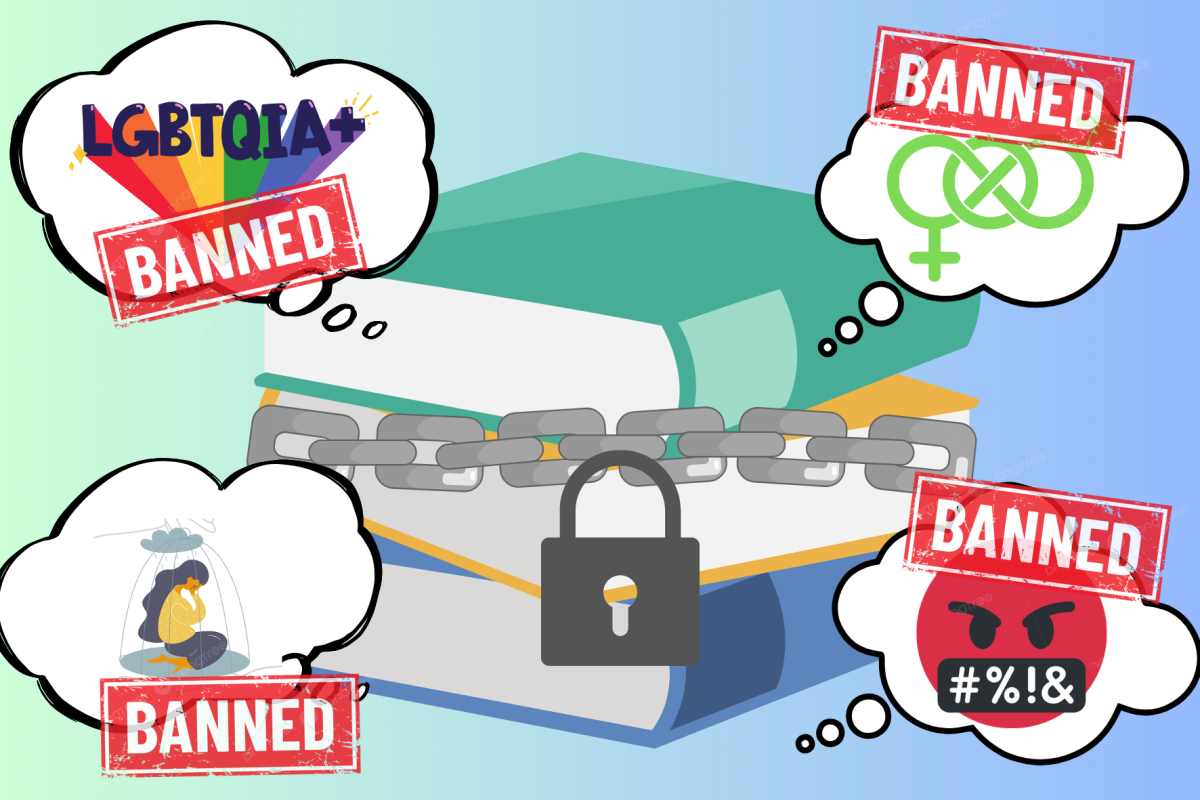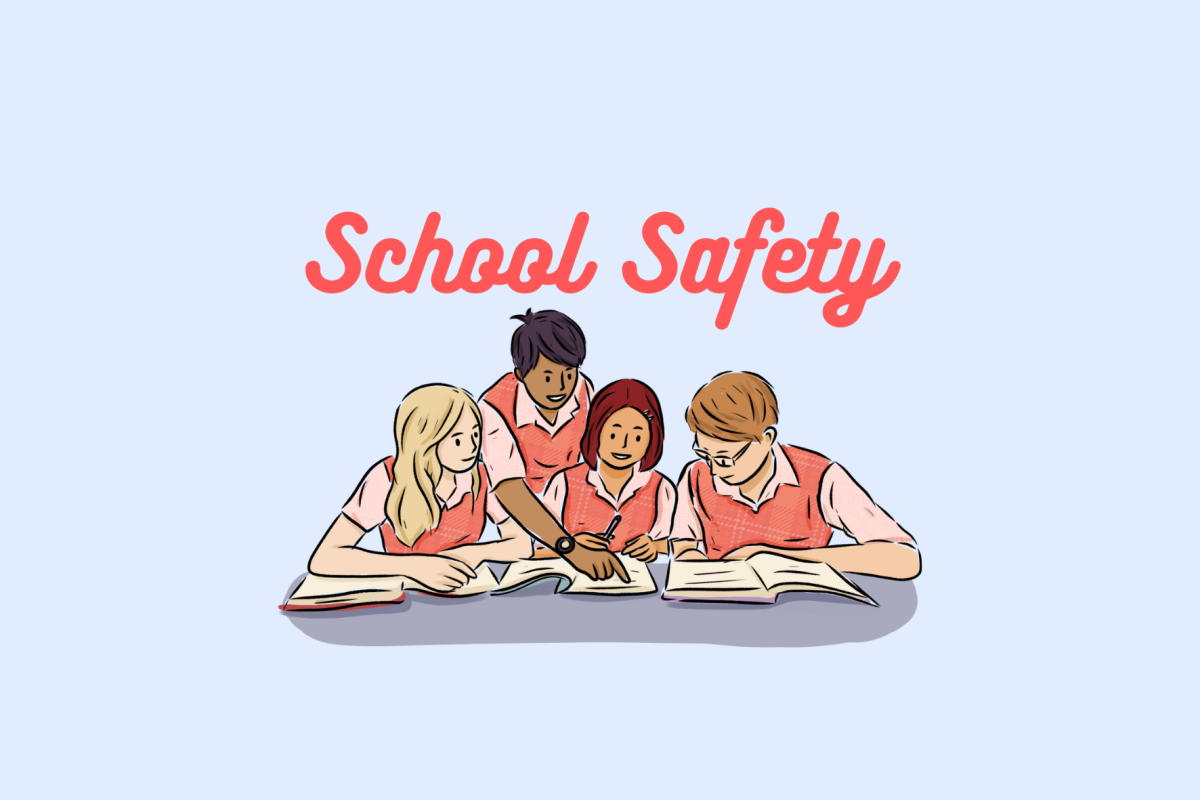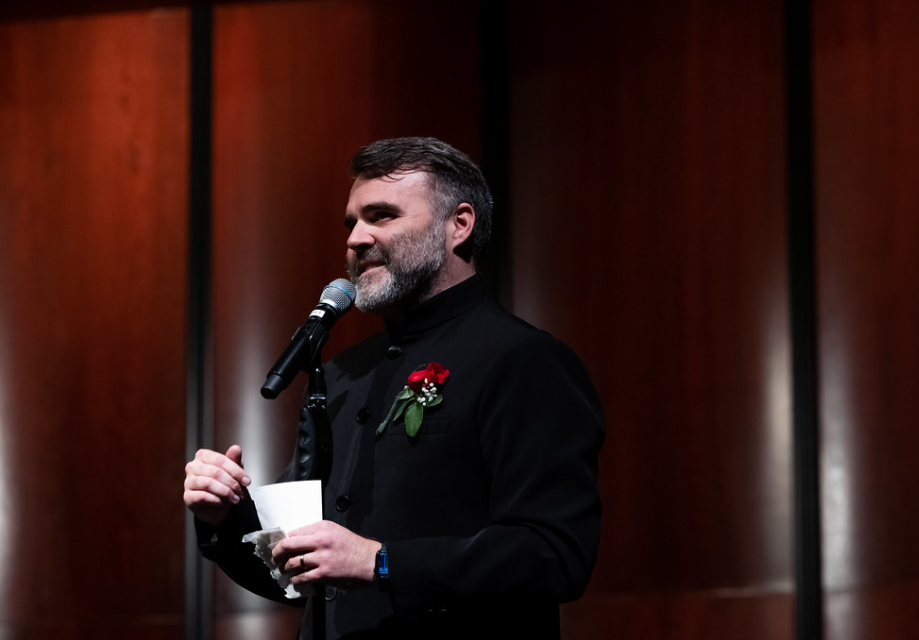Portrayed to the world as a vibrant utopia complete with a vast variety of music, art, cuisine, and especially social habits, America is most highlighted for its spectrum of people from all backgrounds, whether it’s on a racial, neurodivergent, religious, sexual, physical, or economical basis. But as American society continues to boast about its diversity, bookshelves deep inside classrooms and libraries continue to house the very same books with rigid barriers keeping out even slightly objectionable themes. Banning books, while no doubt reflecting one of the most powerful and widespread forms of censorship in the country, also severely undermines the very definition of education by preventing students from thinking critically and creatively.
Particularly this year, big topics finding themselves on the banned book list include violence and abuse, health and well-being, as well as death and grief. While other politically or socially controversial topics are to some degree, understandable in why they might be banned from schools and youth organizations, these particular themes are universal, very real, and need to be addressed by society.
While claiming to be an inclusive, diversified community and emphasizing the importance of the “new generation,” American government officials, organizations, and even common civilians are parallelly adding fuel to a restrictive education system that promotes increasingly ignorant students. According to a series of interviews conducted by the New York Times, high schoolers say banned books have immensely decreased student engagement in reading and their ability to make opinions for themselves.
Under the guise of deeming which books are too “obscene” or “inappropriate” for school settings, government officials find a perfect indirect medium to stress their own opinions on the youth of a particular state or region. Because it’s the government that determines which books are banned, the eliminated books often reflect political views. For example, conservative, Republican states often see increased amounts of banned books regarding topics such as sex, LGBTQA+ issues, as well as race. This idea of politically driven censorship leads to many students being provided a much smaller pool of information, that often leaves out many parts of the story essential for making one’s own opinions on the topic. This in turn forces government viewpoints on the emerging youth of the states, failing to nurture an acute and perceptive American youth.
Further increasing their violation of the 1st Amendment, banning books indirectly challenges freedom of speech, expression, and press. By labeling certain topics such as sexuality or race as taboo to express opinions about, banned books create a large scope of fear of expression, fear of not being accepted, and the fear of change. The disconnect from sensitive yet powerful topics in society that stem from these fears is known to lead to major psychological effects, such as isolation, alienation, imposter syndrome, anxiety, and even the risk of suicide. By creating a climate packed with anathemas toward powerful topics that heavily reflect the American people, banned books are causing much more mental harm than good.
According to an article by Pen America, the all-time top reasons for books being reported are that the material is sexually explicit (92.5%), contains offensive language (61.5%), or that it isn’t suitable for any age (49%). While sexual content is to a certain extent an understandably controversial subject, it’s often legislative representatives that determine the exact colloquial definition of pornography and how it factors into schools. In attempts to fully cleanse academic locations of sexual content, new state laws now have the potential to sweep out a large chunk of literature in addition to much of modern health-related content. On the other hand, mature themes can often catch a reader by surprise and it’s justifiable for many adults to want to protect their students from reading mature content. However, many students at those reading levels have by then gained the literary freedom and knowledge to understand what it is they want to read. In order to come to a compromise, state laws should introduce necessary trigger warnings or content notices rather than fully removing the book from students’ bookshelves.
Books are meant to reflect humans’ deepest thoughts, they’re meant to be intellectually stimulating in a way that pushes the reader to build connections and personal bonds with the themes and characters. Removing topics such as death, grief, abuse, and physical or mental health from books accessible to children, could potentially cause psychological isolation, if not worse. It’s critical to include representation of all backgrounds in books, even if that means touching sensitive topics that reflect the shadows of our society, especially with a growing emphasis on mental health. By forging a society in which mental health issues are taboo to read about, banned books entirely cut out modern-day current events from the curriculum of students, failing to prepare them for the “real world” as acutely as many schools would like.
With extensive national and state laws paired with the heightened societal controversy surrounding the topic of banned books, many might believe that both pro and anti-banned books organizations are large and powerful in number when in truth the banning of books is often brought upon society by a highly vocal minority of Americans. Though not always the same minority advocating for banning books, many people unite to create small, yet heavily outspoken groups to fight against books that challenge their collective beliefs.
A threat to not only the nation’s youth but all that America stands for, banning books violates one of the core principles this country was founded on, and yet no action has been taken to find alternative solutions that provide protection from mature content yet still maintain literary freedom. As the United States continues to develop into what may externally seem like a bustling, diverse sanctuary for all kinds of individuals, banned books foster an environment in which any kinds of differences or sensitivities are disregarded and portrayed as unacceptable in society. They not only contradict the ideal “inclusive American community”, but also fail to adequately educate the youth generation in a fashion that will transform them into independent citizens and critical thinkers.















